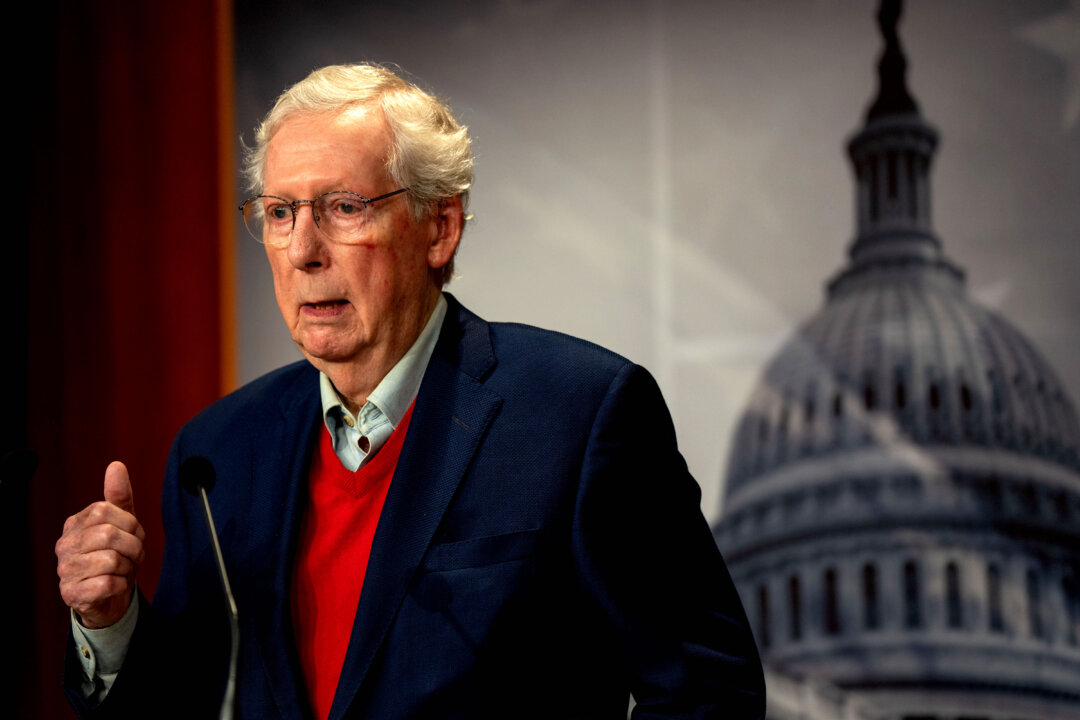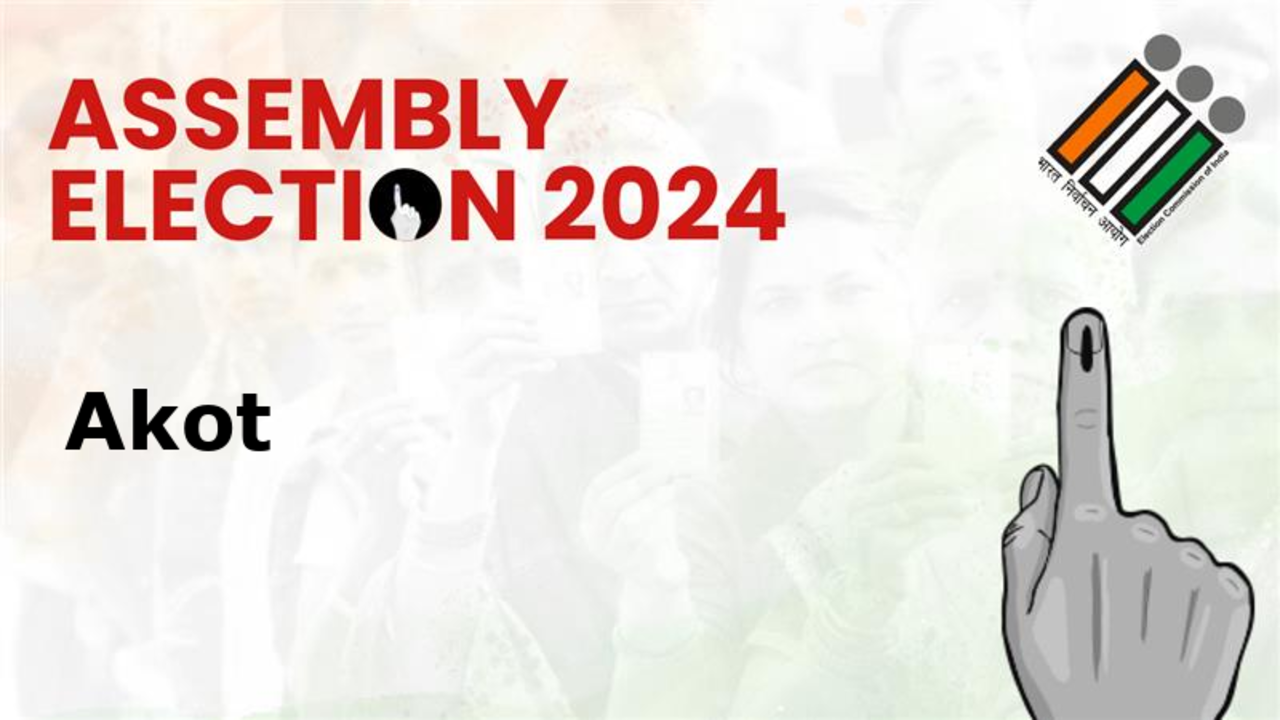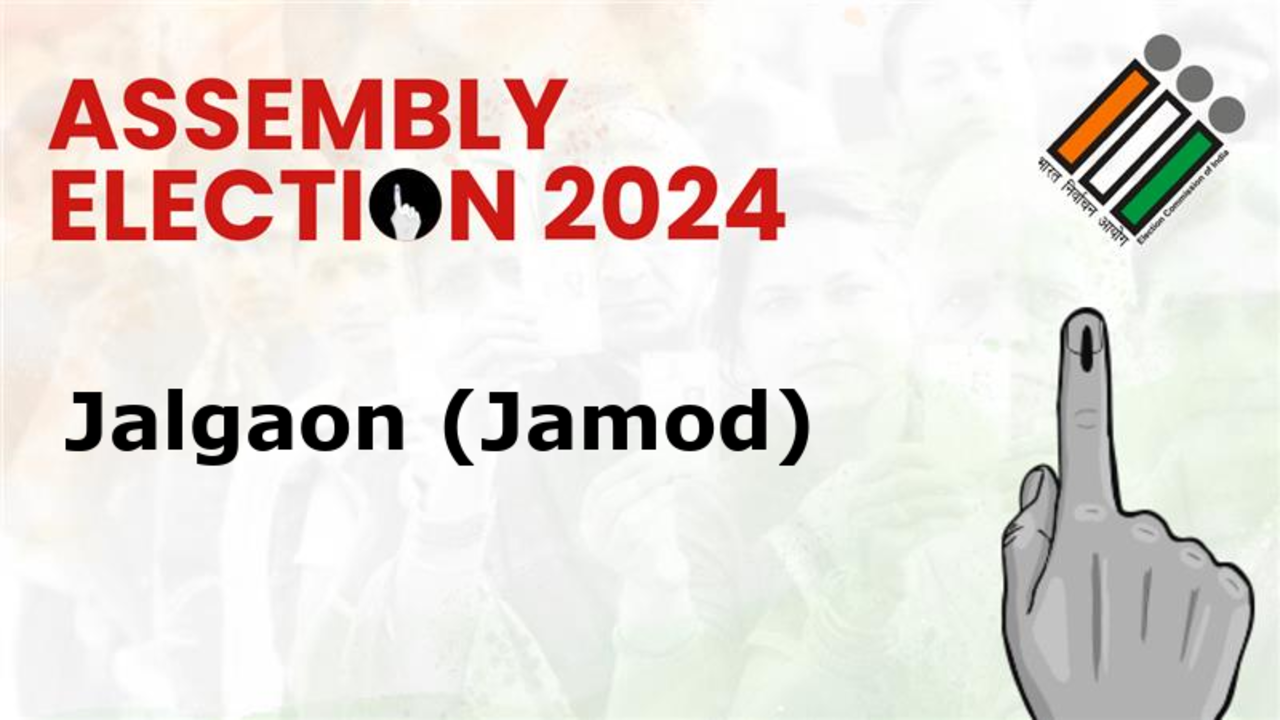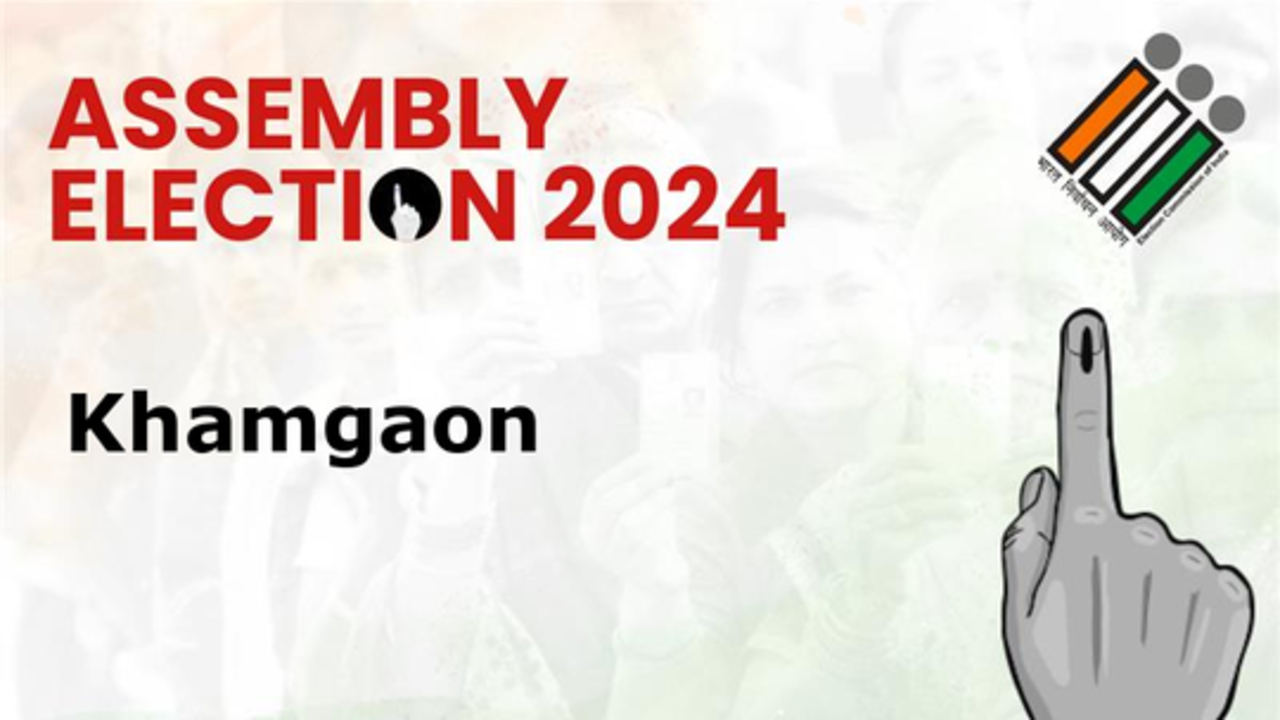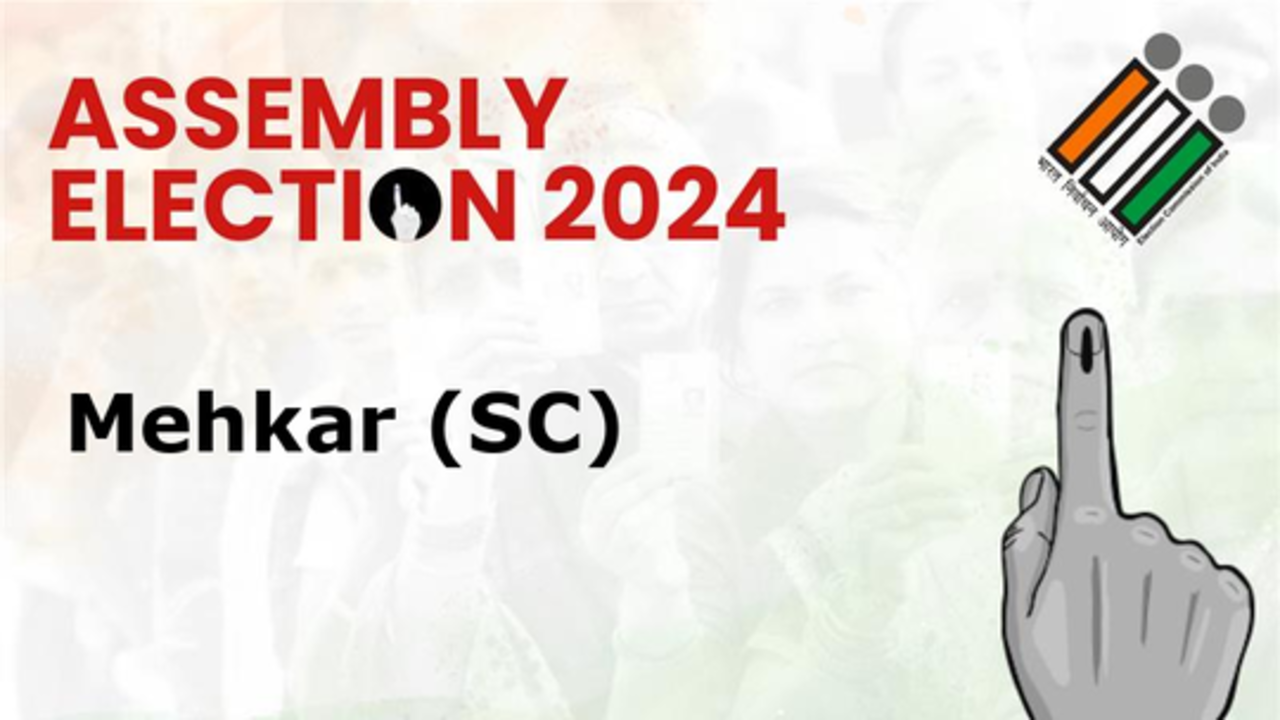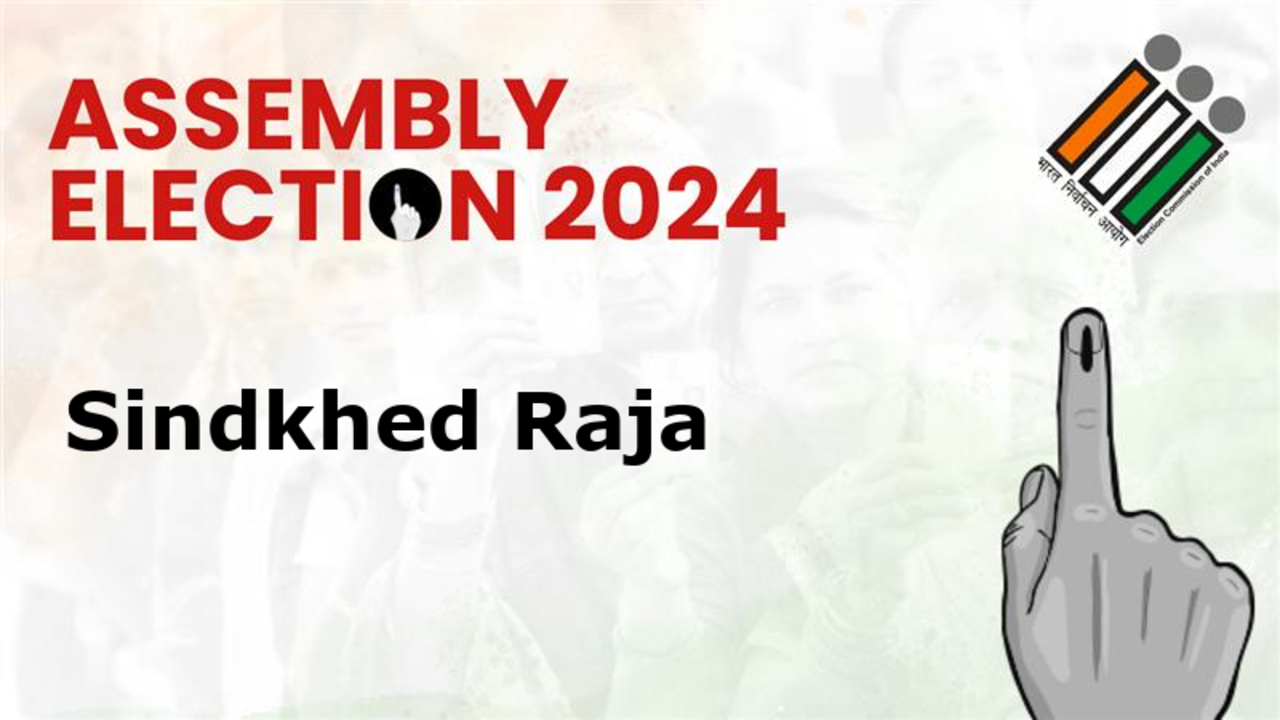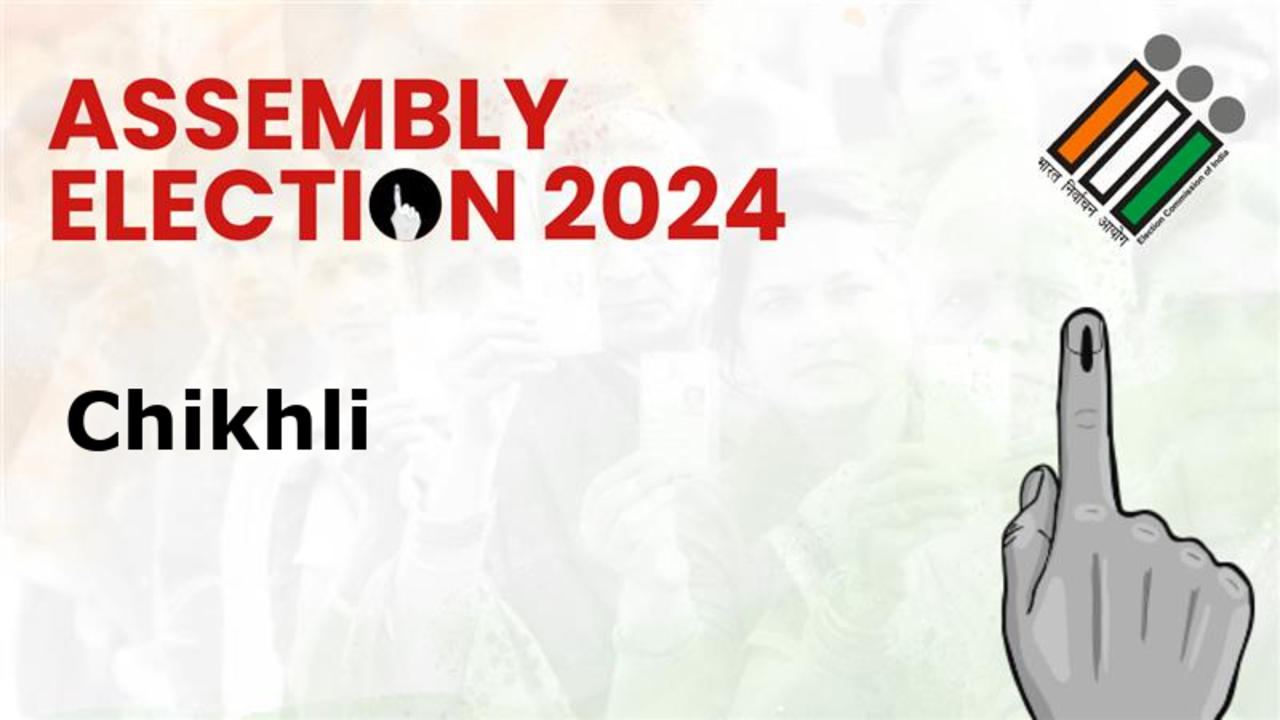
Rio de Janeiro: Australia is pushing for G20 leaders to confront the wars in Ukraine and the Middle East during a global summit in the next two days, warning about the loss of innocent lives and the damage to the world from the growing conflicts. Prime Minister Anthony Albanese will push for the tougher stance on the two wars in his remarks to the summit in Brazil on Monday, as British Prime Minister Keir Starmer says Ukraine should be “top of the agenda” at the talks. Anthony Albanese arrives in Rio for the G20.
Credit: Alex Ellinghausen The moves come as Albanese also prepares for a formal meeting with Chinese President Xi Jinping on Monday to shore up economic ties and manage differences over the AUKUS security pact to develop nuclear-powered submarines with the United States and United Kingdom. The bilateral meeting with Xi will be the prime minister’s third with the Chinese leader, including their talks in Beijing last year when China eased some of its restrictions on Australian goods. Albanese arrived in Rio de Janeiro on Saturday night, local time, after attending the Asia-Pacific Economic Co-operation summit in the Peruvian capital of Lima on Friday and Saturday.
There were no formal G20 functions on Sunday and the prime minister and his partner, Jodie Haydon, went to Mass at the Metropolitan Cathedral of Saint Sebastian in the morning. Prime Minister Anthony Albanese and his partner Jodie Haydon take their seats ahead of a service at the Metropolitan Cathedral of Saint Sebastian, in Rio de Janeiro, on Sunday. Credit: Alex Ellinghausen While the invasion of Ukraine has split the G20 in the past two years, Western leaders are expressing growing concern about the war after the arrival of thousands of North Korean troops in Russia in recent weeks, with some of them deployed to the front line against Ukraine.
Albanese will link the conflicts in Ukraine and the Middle East to the broader purpose of the G20, which was set up by the world’s largest economies during the global financial crisis so they could co-ordinate policy and boost growth. “The hard truth is that in times of global turmoil, it is always those who have the least, who are hurt the most,” he says in draft extracts from a formal intervention he will make during one of the first sessions of the summit on Monday. “We see that in the shocking loss of innocent life in the Middle East.
“We see it in the ongoing toll that Russia’s invasion is taking on the brave people of Ukraine. “The G20 is another vital opportunity for the international community to call for a de-escalation of the violence in the Middle East. “And to condemn the illegal and immoral actions of Russia and indeed North Korea which is now committing troops to the invasion of a sovereign nation, while its own people starve.
” His draft comments do not lay blame for the conflict in the Middle East and do not single out Israel, Gaza or Lebanon. His call for a statement about the Middle East and a condemnation of Russia’s invasion of Ukraine requires the G20 to take a more assertive position on the wars than it did last year. The summit ended in New Delhi last year with no mention of the Hamas attack on Israel or the subsequent Israeli attacks on Gaza, while the final communique expressed concern about the war in Ukraine but did not condemn Russia for its invasion.
The G20 comprises 19 nations as well as the European Union and its membership includes the United States, China, Russia, Japan, Brazil, South Africa, Indonesia and Australia. Starmer has signalled his concern about Ukraine ahead of this year’s G20 summit, after news emerged that thousands of North Korean troops had been deployed to fight against Ukraine in return for security and commercial agreements with Russian President Vladimir Putin. “I think on the one hand it shows the desperation of Russia but it’s got serious implications for European security, that added additional element, and for Indo-Pacific security,” Starmer told the British media while on his way to the G20 summit, The Guardian reported.
“And that’s why I think we need to double-down on shoring up our support for Ukraine and that’s top of my agenda for the G20.” A dispute over the wars in Gaza and Ukraine flared at APEC meeting in Lima on Friday and Saturday, when Australia and other countries tried to air concerns about the wars, only to be blocked by Russia and China. Albanese supported the two wars being addressed at the APEC gathering, but the host of the meeting, Peruvian President Dina Boluarte, admitted the failure to reach an agreement.
“Some economies considered that these issues have an impact on the global economy and could be treated in APEC, while other economies do not believe that APEC is a forum to discuss these issues,” she said in a closing declaration. The statement from the chair did not elaborate on the reasons for the impasse, but the dispute repeats the troubles seen at the APEC summit last year when Muslim-majority members Brunei, Indonesia and Malaysia called for an immediate truce and an end to hostilities in Gaza. Albanese raised the Gaza and Ukraine wars during the talks, while officials negotiated outside the leaders’ final session to prepare the final statements.
As with last year, the officials understood that Russia and China could veto any mention of Ukraine in the final declaration. Putin did not attend the APEC gathering in Lima and is not attending the G20 in Rio de Janeiro, where he will be represented by foreign minister Sergey Lavrov. Cut through the noise of federal politics with news, views and expert analysis.
Subscribers can sign up to our weekly Inside Politics newsletter ..








